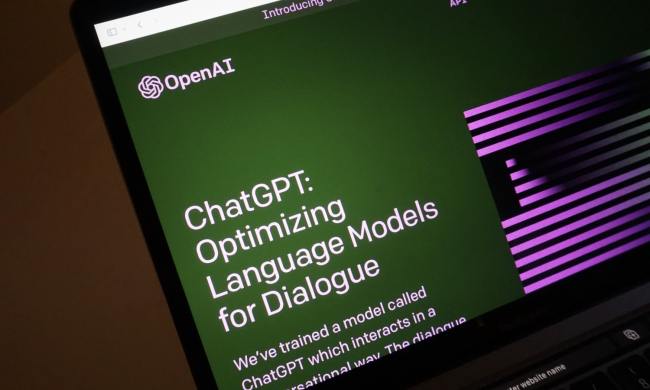With the official introduction of Open AI’s GPT-4, Microsoft is expanding its range of product support to include AI upgrades embedded into LinkedIn.
The business-focused social media platform announced Thursday that it will begin testing a host of AI-driven features based on both the GPT-3.5 and GPT-4 language models with its Premium subscribers. These functions will allow people to do things such as create more personalized profiles and job descriptions using AI-generated prompts. In particular, the GPT-4 language model will be the power behind AI profile writing, according to LinkedIn.

You will be able to craft a personal statement on your LinkedIn profile with a prompt such as, “How do I summarize my career highlights and aspirations into just a few sentences?”
One of the primary features of GPT-4 is a greater ability to contextualize the information it is presented, as well as a higher degree of collaboration than the prior model. Still, you will have the ability to “review and edit” any generated text to maintain your own tone and authenticity. LinkedIn notes that GPT-3.5 will focus on generating job descriptions for companies.
Along with the language model updates, LinkedIn is offering over 100 AI courses, which will be available for free to all members through June 15. Some titles include “What is Generative AI” by Pinar Seyhan Demirdag, “Introduction to Prompt Engineering for Generative AI” by Ronnie Sheer, and “Introduction to Conversational AI” by Ian Barkin. There are courses available for all professional levels.
Open AI officially announced the GPT-4 language model on Tuesday, saying it is available to ChatGPT Plus users and developers through the API.
The company also said that several brands and organizations have been working with the language model, including Duolingo, Be My Eyes, Stripe, Morgan Stanley, Khan Academy, and the government of Iceland. Microsoft also confirmed that its new Bing Search featuring an AI chatbot is based on GPT-4. The updated search engine debuted in February.


